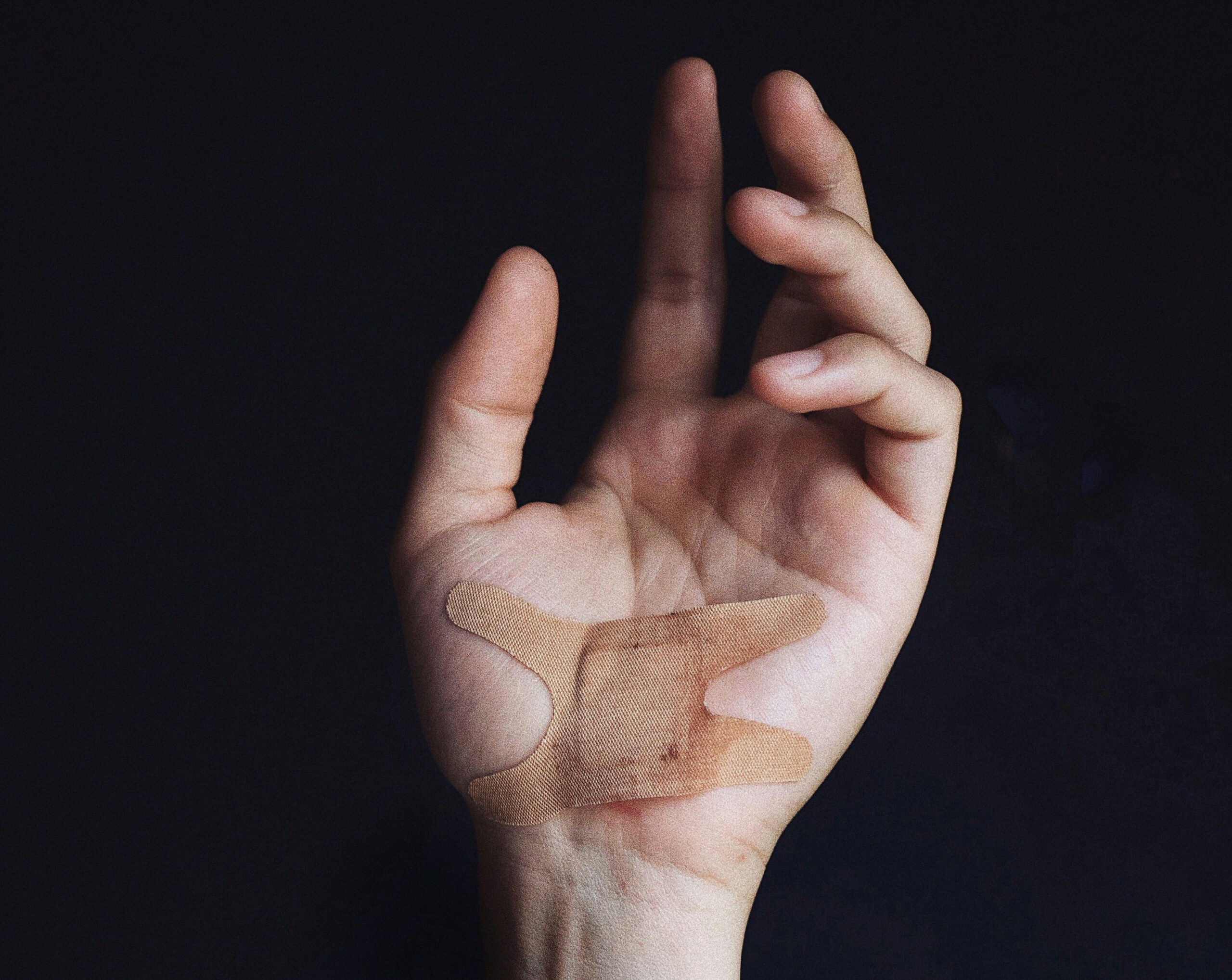What is a Personal Injury?
“Personal injury” refers to physical or psychological harm to a person, as opposed to property damage to property or reputation. This can include injuries to the body, mind, or emotions. Personal injuries can also include mental anguish, pain and suffering, and loss of earnings. Sadly, some injuries may be permanent.
A personal injury can occur in several scenarios including but not limited to car accidents, slip and fall cases, drunk driving accidents, nursing home abuse or neglect, and premises liability. Essentially, if you have been hurt and it is someone else’s fault, you may have a personal injury case.
What type of compensation is available to someone who suffers a personal injury?
It goes without saying that someone who has been injured cannot go back and time and prevent the injury from happening. No one wants to be hurt and deal with going to doctors to get better. It takes time away from things we would rather be doing, is expense and is generally a hassle. This is even more so for someone who is permanently injured and will never return to the health they enjoyed prior to their injury.
Compensation for an injured person breaks down in to “general damages” and “special damages.” Special damages are easier to calculate because they have a clear dollar amount. Think of things like medical bills, missed wages, transportation costs for going to the doctor and other similar items. General damage consists of pain and suffering, emotional distress and other categories that are difficult to quantify.
Special Damages
Usually, in my practice clients are often most concerned with paying back their medical bills, a type of Special Damages. With the extremely high costs in the United States healthcare system these concerns are well founded. The good news is the person who caused the injury (or more likely their insurance company) is responsible for paying the injured party’s medical bills. The basic idea is that an injured person should not have to pay for the medical bills they incurred because of someone else’s negligent conduct. However, there can be nuance when the injured party is not paying their own bills directly. This typically occurs when the injured person has private insurance, Medicare, or Medicaid. Because the injured person is not paying for medical bills directly their insurance company, Medicare or Medicaid will need to be reimbursed for what they paid. However, the injured party can still recover the amount they had to pay out of pocket, including co-payments or amounts not covered by insurance.
Special damages also include out of pocket costs related to the injured party’s medical recovery. For example, lost wages for missing work due to the injury or treatment for the injury can be compensated and so can transportation to and from the doctor. There may be other costs related to recovery that can be compensated (e.g. childcare costs if those costs are related to injuries or treatment for injuries). An injured person must keep in mind that they need to document these costs. An insurance company will not provide compensation unless there is proof of these out-of-pocket costs. The injured person may need a letter from their employer explaining lost wages or at least be able to document hours missed. They will need to remember the days they went to the doctor and the milage, which is not difficult to reconstruct by looking at medical bills for the days they treated and running a quick online search of the distance between their home (or wherever they were before traveling to the provider) and then back. This can be multiplied by the Federal rate for travel reimbursement. The injured person will need receipts for any other compensation they seek. While this may sound daunting, working with an experienced personal injury attorney and their staff will make the process much simpler.
General Damages
As previously referenced, the injured party can also be reimbursed for General Damages, the most significant of which is usually pain and suffering. Pain and suffering is difficult to define and it can be more of an art than a science. Proving pain and suffering involves convincing the insurance company (or jury if the case goes to trial) of the pain you went through. On its face, it is a subjective process. Everyone is different. The pain you may have suffered from your injury would almost certainly be experienced differently by someone else. Some people have a high tolerance for pain while others are “eggshell Plaintiffs” more likely to be badly hurt by a minor incident.
In order to avoid, or at least minimize, the subjectivity insurance companies will often multiply the medical bills by a number (usually between 1 and 5) to determine fair pain and suffering. The multiplier used will be different from state to state and may be affected by the particular county or city you are in. It will also depend on the type of accident. A minor fender bender will usually yield a lower multiple than a total wreck. While multiplying medical bills by a number is a helpful start, it is good to work with a skilled personal injury attorney to bring out more of the subjective factors to increase the pain and suffering award, if merited. For example, compensation for traveling to the doctor for a single individual deserves compensation, but arguably if the injured person has children and she or he is missing time with their children this could deserve more compensation.
Conclusion
A seasoned personal injury attorney can act as an important guide through a personal injury case. Working with an attorney will allow you to focus on healing while the attorney and his or her staff work on the legal matters related to your case. The attorneys at Fowler St. Clair are always willing to help those who were unjustly injured. We will advocate for you and walk you through what can be an overwhelming process.

